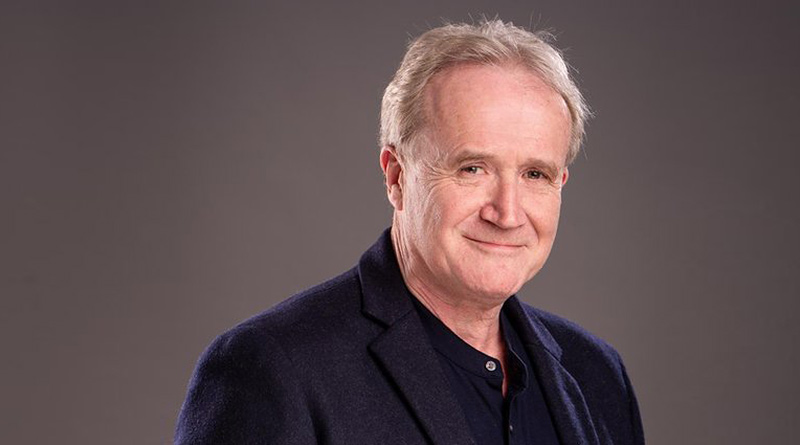Vital Talks Over North Yorks Social Care as Funding Crisis Deepens
CARE providers in North Yorkshire are holding top-level talks with the local council to tackle a funding crisis which threatens the care of vulnerable people across the country.
The Independent Care Group (ICG) is meeting North Yorkshire Council to discuss the fees the local authority is offering to providers to give care to people who need support in their own home, supported living or in care and nursing homes and other settings.
The ICG is also balloting its members over the proposed fee increase for 2024-25. The ICG argues that the offer provides no increase in fees for many providers on recent and current placements, whilst for others it offers an increase that is less than the 9.8% rise in the National Living Wage from April.
The provider body says care providers are struggling to survive as they face ever-increasing costs, severe staffing shortages and a lack of proper funding for the care they provide.
The talks come as the Government announces an extra £500m for councils specifically to pay for children’s and adult social care.
ICG Chair Mike Padgham said: “We have a great relationship with North Yorkshire Council and very much hope that we can reach an agreement on fees that supports local providers and enables them to keep providing an excellent standard of care across the county.
“We appreciate that local authorities are suffering severe cutbacks themselves and we have every sympathy with the plight that North Yorkshire Council finds itself in. However, we long ago reached the point where, in many cases, the base price paid for care by the local authority does not meet the actual cost to providers of meeting the ever more complex needs of service users.
“To keep delivering proper, responsible and sustainable care to older and vulnerable people in this county we need a fee increase that recognises the true cost of providing care.
“It is vital that, aided by its share of the extra £500m from the Government, the council recognises the issues we have in maintaining adult social care in North Yorkshire and that we can reach a positive agreement.”
Research by the charity Hft and Care England reveals that 40% of adult social care providers were in deficit in 2023. Some 43% closed services or handed back contracts; 18% offered care to fewer people and 39% considered exiting the market altogether. A total of 84% of providers said Government investment in the sector had made no difference to their financial sustainability.
The Government is to provide an extra £500m to local councils following a survey by the Local Government Association, which revealed that one in five councils fear they could go bust in the coming year.
Mr Padgham added: “This injection of £500m whilst welcome, is just a drop in the ocean compared to the wholesale funding reform that is required to save social care. It is also a one-off payment when what we need is the long-term stability of proper funding so staff can be paid fairly and properly.
“We must ensure that the extra £500m reaches frontline social care providers and makes what difference it can. However, divided as it will be across many councils, its impact is likely to be modest.
“It is another tiny sticking plaster for social care when what is needed is major, life-saving surgery – a minimum of an extra £7bn a year just to get the sector back on an even keel and to begin addressing the 1.6m people who currently can’t get the care they need and the hundreds of thousands more who will need care in the years to come.”
Cathie Williams, joint chief executive of the Association of Directors of Adult Social Services (ADASS) has urged the Government to stop treating the symptoms and start addressing the causes of social care challenges.
Decades of underfunding, neglect and broken promises have left social care on its knees, with care and nursing homes and home care providers closing down, leaving more and more people without care.
Rising costs, including the cost of implementing a bigger-than-expected increase in the National Living Wage, are heaping further pressures on providers.
The ICG is campaigning for social care reform to be included in the main political parties’ manifestos ahead of the next General Election. It wants to see fresh thinking on social care reform, the creation of a National Care Service and better funding into the sector so that social care workers can be properly paid.
The number of people aged over 65 will rise from 10.5m to 13.8m by 2035 and the sector will need an extra 480,000 people in the social care workforce to provide care to meet extra demand.






